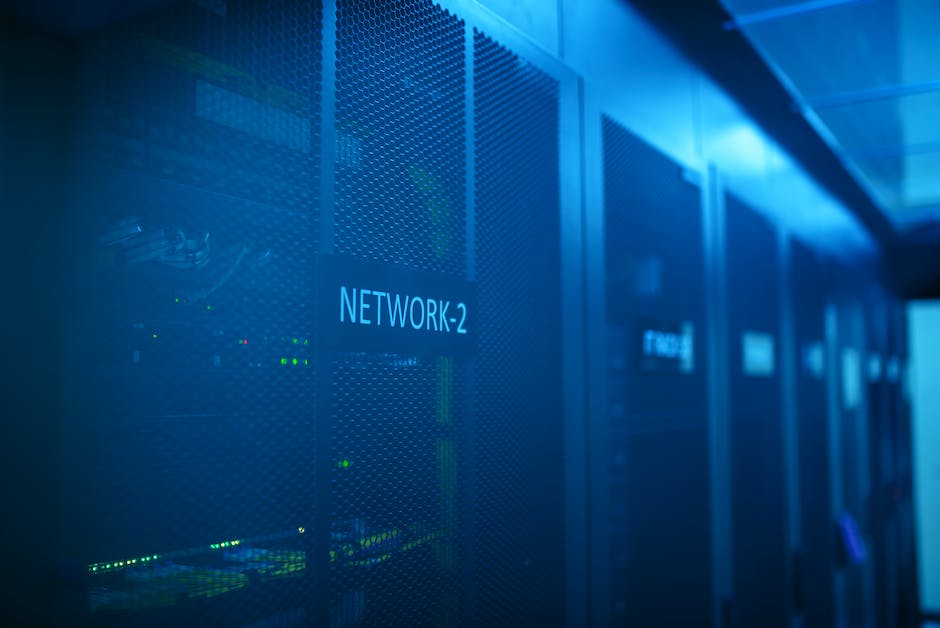The Internet: Blessing or Curse?
Exploring the Pros and Cons of the World Wide Web
The Internet has become an integral part of modern life, revolutionizing how people communicate, work, and access information. Its impact is undeniable, but like any powerful tool, it comes with both advantages and disadvantages. The ability to connect with people and access an endless wealth of knowledge is a clear benefit, but concerns about privacy, security, and addiction also accompany the digital age. Let's explore the various facets of the Internet – its blessings and curses.
In this article, we will delve deeper into the pros and cons of the Internet, addressing its impact on communication, information sharing, business, and personal well-being. From the convenience of online shopping to the dangers of cyberbullying, the Internet presents a complex landscape of opportunities and risks. By examining both sides of the coin, we can gain a better understanding of how to navigate this digital realm while maximizing its benefits and minimizing its drawbacks.
Pros
The Internet has transformed the way we live, work, and interact. Its myriad benefits have revolutionized various aspects of daily life, bringing unparalleled convenience, efficiency, and connectivity. Let's explore some of the remarkable advantages of the Internet.
Global Communication and Networking
The Internet has virtually erased geographical boundaries, enabling seamless communication and networking across the globe. Platforms such as email, social media, and video conferencing have revolutionized how people connect and collaborate, fostering relationships and partnerships that transcend physical distance.
E-commerce and Online Services
Online shopping and e-commerce platforms have redefined retail, offering unparalleled convenience and limitless choices to consumers. From groceries to electronics, people can browse and purchase a vast array of products from the comfort of their homes. Additionally, the Internet has facilitated the growth of various online services such as banking, ticket booking, and food delivery, streamlining everyday transactions.
Work Flexibility and Remote Opportunities
The Internet has revolutionized the concept of work, allowing millions to embrace flexible, remote, or freelance employment opportunities. With digital communication tools and cloud-based collaboration platforms, individuals can work from anywhere, transcending traditional office constraints and enhancing work-life balance.
Entertainment and Digital Media
Streaming services, online gaming, digital content creation, and social media platforms have transformed entertainment and media consumption. The Internet provides a vast array of immersive and interactive experiences, catering to diverse audience preferences and creative pursuits.
Easier Access to Government Services
The internet provides easier access to government services, allowing citizens to complete administrative tasks, submit forms, and access information without having to physically visit government offices. This convenience saves time and resources for both the government and the public, resulting in more efficient processes and increased citizen satisfaction.
Online Learning and Skill Development
The internet enables convenient access to online courses, tutorials, and educational resources, allowing individuals to learn new skills and enhance their knowledge from the comfort of their own homes. This flexibility in learning opportunities caters to diverse learning styles and schedules, making education more accessible to a wider audience.
Convenient Communication Tools
With the internet, individuals have access to a wide array of communication tools such as email, instant messaging, and video conferencing, which facilitate seamless and cost-effective communication with others regardless of geographical distances. These tools enhance collaboration, connection, and information sharing in personal, professional, and academic settings.
Access to Information and Education
One of the most significant advantages of the Internet is the vast repository of information it offers. In today's digital age, anyone with an internet connection can access a wealth of educational resources, research materials, and scholarly articles. This accessibility has democratized knowledge, allowing individuals from diverse backgrounds to enhance their learning and skill sets.
Missing a pro?
Let us know which pro you are missing!
Cons
While the Internet offers a plethora of benefits, it also poses significant drawbacks and challenges that warrant careful consideration. From privacy concerns to digital addiction, navigating the digital landscape requires awareness of its potential pitfalls. Let's delve into some of the key disadvantages of the Internet.
Privacy and Security Risks
The digital realm presents inherent privacy and security risks, exposing individuals to data breaches, identity theft, online surveillance, and cyber-attacks. Personal information shared online can be vulnerable to exploitation, necessitating robust cybersecurity practices and vigilance to safeguard sensitive data.
Information Overload and Misinformation
The abundance of information on the Internet can lead to information overload and the spread of misinformation. With the proliferation of unverified content, fake news, and biased narratives, individuals may encounter challenges in discerning credible sources, leading to confusion and misconceptions.
Social Isolation and Digital Dependence
Despite connecting people across the globe, the Internet can paradoxically contribute to social isolation and a dependency on virtual interactions. Excessive screen time and reliance on social media can impact real-world relationships, mental well-being, and overall social dynamics, leading to feelings of loneliness and disconnection.
Online Harassment and Cyberbullying
The anonymity and reach of the Internet have given rise to online harassment, cyberbullying, and hate speech. These digital threats can have profound psychological and emotional effects, particularly on young internet users, necessitating proactive measures to combat and mitigate online toxicity.
Digital Divide and Access Disparities
While the Internet has connected billions of people, disparities in access persist, creating a digital divide that exacerbates socio-economic inequalities. Limited infrastructure and resources in certain regions can hinder equitable access to online education, opportunities, and essential services, perpetuating societal imbalances.
Digital Addiction and Distraction
One of the disadvantages of the internet is the potential for digital addiction, leading to reduced productivity, attention issues, and neglect of real-life interactions. Constant access to digital content and social media platforms can result in addictive behaviors, impacting mental well-being and overall health.
Online Scams and Fraud
The internet presents a breeding ground for various online scams and fraudulent activities, posing financial risks and identity theft to unsuspecting individuals. Cybercriminals utilize deceptive tactics to exploit personal information, financial resources, and digital vulnerabilities, leading to financial losses and emotional distress for victims.
Data Privacy Concerns
Data privacy concerns arise due to the collection, storage, and potential misuse of personal data by online entities. This can lead to unauthorized access, data breaches, and the exploitation of sensitive information, eroding individuals' trust in online platforms and compromising their privacy rights.
Missing a con?
Let us know which con you are missing!
Conclusion
In conclusion, the Internet serves as a double-edged sword, offering remarkable benefits alongside notable drawbacks. Its ubiquitous presence in modern society underscores the need for individuals and communities to navigate the digital landscape with awareness, responsibility, and critical thinking. By harnessing the advantages of connectivity while addressing its challenges, we can strive to create a digital environment that fosters knowledge sharing, innovation, and inclusive participation. Embracing the potential of the Internet while mitigating its pitfalls remains a pivotal task as we continue to shape the digital future.
What do you think?
Do you think the pros outweigh the cons?









